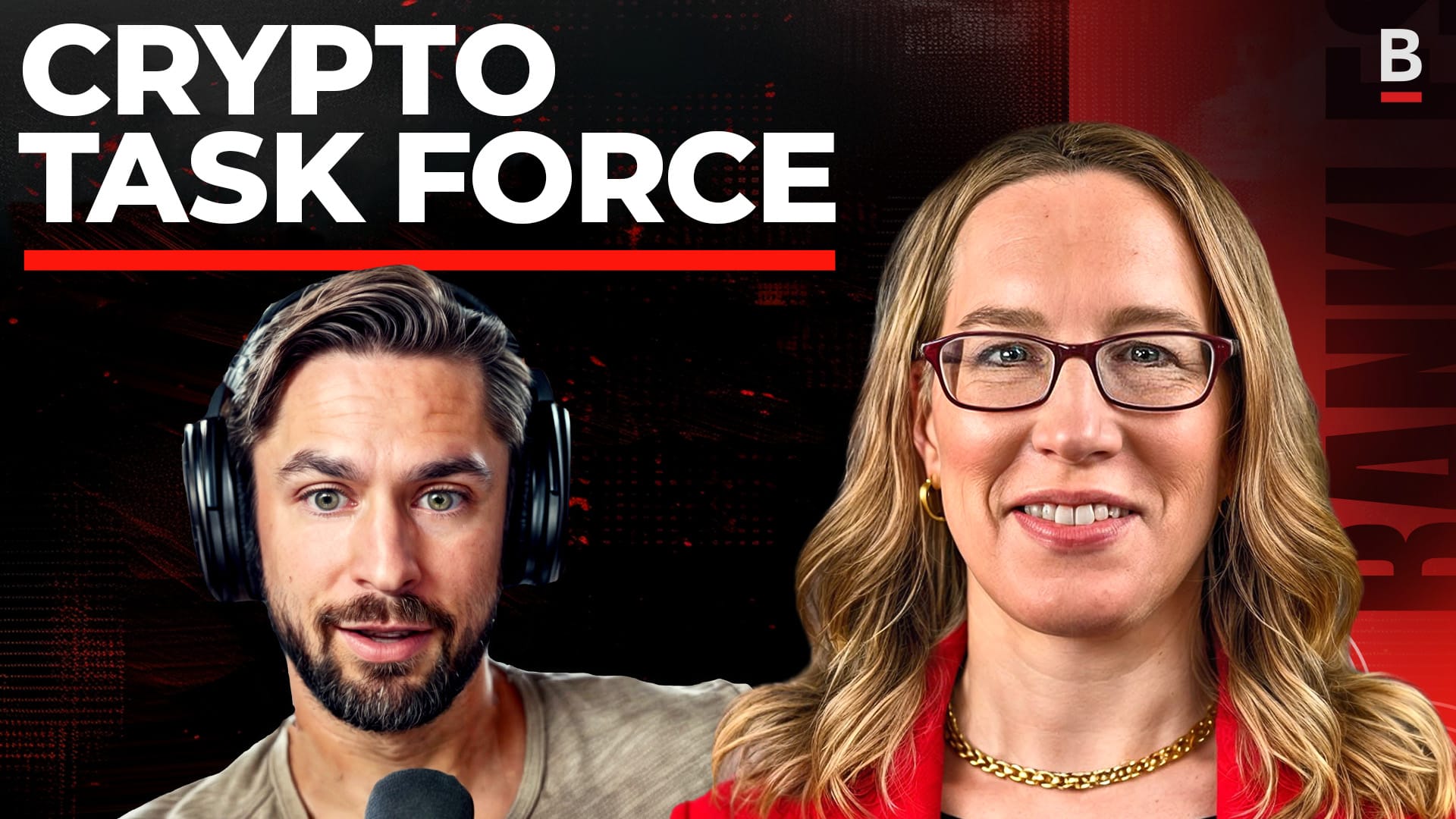Hester Peirce on Crypto Industry's 5 Biggest Concerns

President Trump made big crypto promises on the campaign trail. With Gary Gensler gone and the SEC now under new management, his administration stands ready to deliver on the agenda with digital asset regulatory clarity.
In our latest episode of Bankless, SEC Commissioner Hester Peirce – an outspoken advocate for digital asset liberties and regulatory restraint – joined David Hoffman to discuss the implications of changing agency leadership on crypto’s future.
Day one of the Trump Administration saw Commissioner Peirce appointed as head of the SEC’s freshly formed Crypto Task Force, and its first move was rescinding SAB 121, a controversial accounting policy that restricted financial institutions from offering crypto custody services.
Although Gary Gensler’s relentless trickle of crypto lawsuits traumatized industry participants and discouraged engagement with American regulators, Commissioner Peirce hopes to build healthy relationships with crypto projects and encourage experimentation through practical solutions that uphold regulation.
We didn’t get all the answers, but it was certainly refreshing to hear a lead crypto regulator finally engaging with the industry! Here’s how Hester responded to the crypto industry’s top 5 pressing concerns. 👇
1️⃣ Regulatory Clarity for Tokens
One of the biggest shifts is the potential retroactive regulatory relief for token issuers. Peirce outlined a roadmap whereby projects that issued tokens in the past can gain legal clarity by providing disclosures and agreeing to certain conditions.
For years, the SEC's aggressive stance against tokens has discouraged transparency, leaving many projects afraid that disclosures could be used against them in future enforcement actions. Commissioner Peirce hopes to flip that dynamic by encouraging voluntary disclosures.
2️⃣ No-Action Letters
Peirce discussed the no-action letter process, which allows companies to request an official statement from the SEC confirming that a specific activity will not result in an enforcement action.
The SEC continues to solicit input from the crypto industry on how these processes should work, as it did under Gensler, and interested parties can reach out directly to provide feedback via the email: crypto@sec.gov.
3️⃣ Securities Laws and Crypto
Historically, being labeled a security has been a death sentence for crypto tokens in the U.S. due to the regulatory burdens it imposes. But does it have to be that way?
Peirce acknowledged that while some crypto assets will clearly fit within securities laws, the industry needs new frameworks to accommodate decentralized networks.
She also touched on meme coins, stating that just because something is popular doesn’t necessarily make it a security, but warned individuals against assuming that the SEC (or any regulator) will act as a safety net for those making speculative bets.
4️⃣ Airdrops and Retail Access to Crypto
Crypto projects often exclude U.S. citizens from their airdrops over fears they could become embroiled in legal troubles with securities regulators.
While Commissioner Peirce didn’t provide a definitive answer on airdrops, she signaled that the SEC is working on clearer guidance and encouraged projects to submit scenarios to the Crypto Task Force so they can better understand what the industry needs.
Additionally, Peirce indicated openness towards modernizing American financial regulations and expanding private market access through novel investor accreditation standards.
5️⃣ The SEC’s Relationship with the CFTC
Under previous leadership, the SEC and CFTC had an almost territorial fight over which agency would regulate crypto. Peirce expressed optimism that this will change, emphasizing that collaboration between regulators is now a priority.
Rather than seeking jurisdictional dominance, Commissioner Peirce hopes regulators will work together to create frameworks that actually make sense for crypto markets.
Don’t miss our exclusive interview with Commissioner Peirce. 👇

